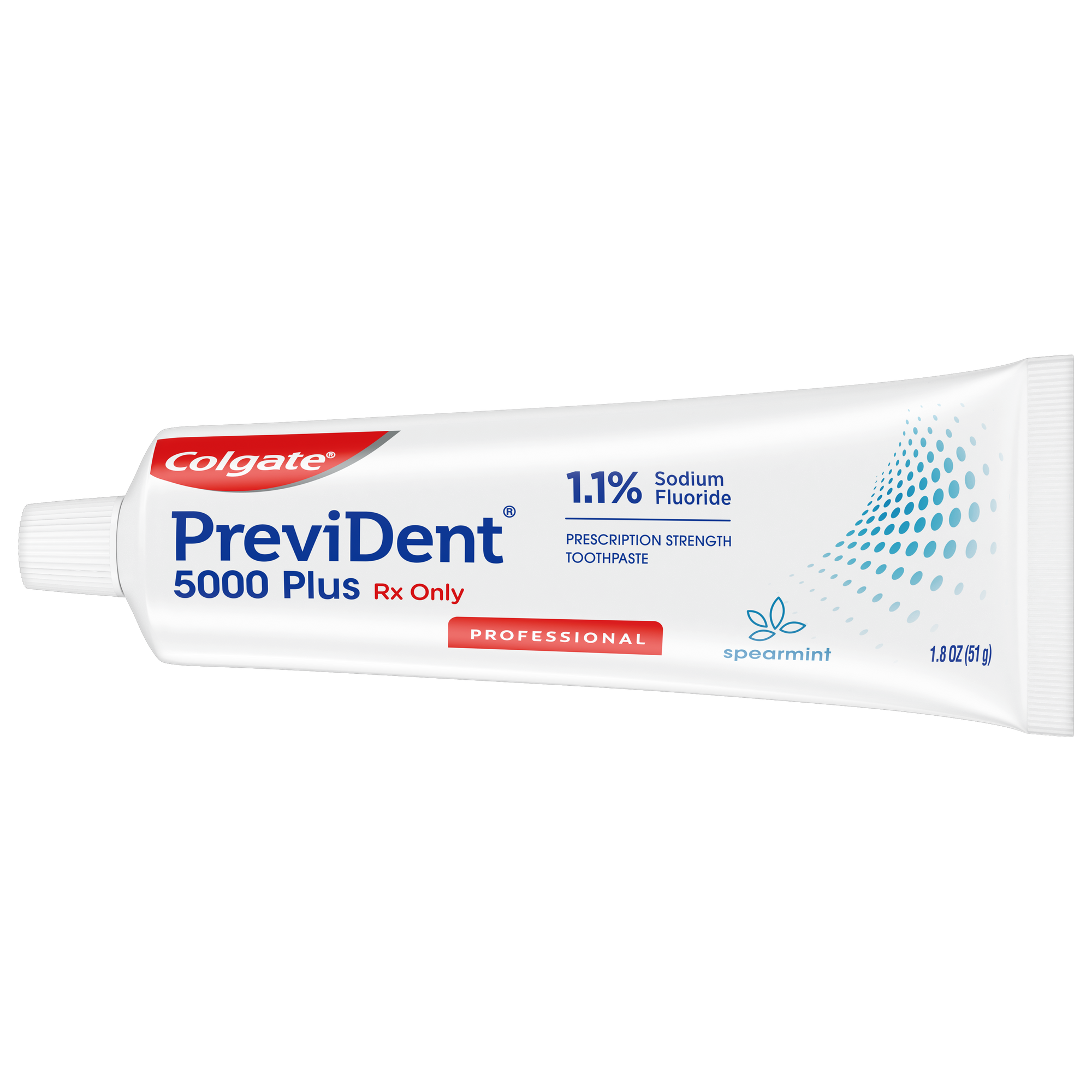What Is Herpangina?
According to the Stanford Children’s Hospital, herpangina is a viral illness that typically occurs in children ages 3-10; however, it’s possible to find herpangina in adults. It causes painful, blister-like sores or ulcers to appear on the back of the throat and roof of the mouth and most often spreads during the summer and fall. A few different viruses can cause herpangina: Coxsackie viruses A and B, Enterovirus 71, and Echovirus, but is most commonly caused by Coxsackievirus A, as stated by Medline Plus.
What Are The Symptoms?
While they vary from patient to patient, here are the most common symptoms of herpangina:
- Blister-like bumps in the mouth, often in the back of the throat and on the roof of the mouth that persists for about a week
- Headache
- Fever or sudden high fever, sometimes up to 106°F (41°C)
- Pain in the mouth or throat
- Drooling
- Decrease in appetite
- Neck pain
While the most visible sign to look out for is the blisters in the mouth, StatPearls reports that the most common symptom is a high-grade fever. If you or your child is experiencing these symptoms, contact your healthcare provider or oral care professional for an evaluation.
Hand, foot, and mouth disease (HFMD) is another childhood illness similar to herpangina. Enteroviruses cause both herpangina and HFMD and can cause fever along with poor appetite. With HFMD, the sores are usually closer to the front of the mouth, whereas sores from herpangina appear on the soft palate, tonsils, and throat. A child with HFMD also often has sores on their hands, feet, and occasionally the buttocks.
How Does Herpangina Spread?
You might be wondering: am I or my children at risk for contracting herpangina? Are the throat ulcers contagious? While handwashing is the best way to prevent this viral infection, it can still spread through ingesting a sick patient’s respiratory droplets or saliva (likely from coughs or sneezes) or exposure to an infected patient’s feces. Though the illness is considered acute, it’s still highly contagious, as these types of viruses can survive outside the body for extended periods.
Signs of the infection typically show up within three to five days after exposure. Affected individuals are most contagious in the first two weeks of infection, even if they do not exhibit symptoms. Adults may acquire the virus from their children, though many adults have immunity built up from childhood. As far as how long herpangina lasts in adults, it depends on the severity of the condition.
Since children touch many surfaces and may not have optimal personal hygiene, preventing the illness’s spread may be difficult. Make sure to practice thorough hand washing and disinfect surfaces, such as doorknobs and toys.
Treatment for Herpangina
Herpangina treatment depends on your child’s age, symptoms, general health, and severity of the condition. Because this is a viral infection, treatment will involve lessening symptoms and making the patient as comfortable as possible, as antibiotics are not effective in treating viruses.
Treatment may include:
Drinking more fluids: Hydration is vital, as painful ulcers may limit their fluid intake.
Taking pain relief medicine: Ibuprofen or acetaminophen may reduce fever as well as pain from the ulcers. Oral pain lozenges may also help relieve ulcer pain.
Eating a bland diet: Foods like milk and ice cream may be easier to consume, and it’s best to avoid spicy or acidic foods.
If you or your child is experiencing a persistent high fever, seek medical attention immediately. Your doctor or physician will be able to diagnose herpangina and recommend the best treatment. Further, mouth ulcers are easy to identify, so your oral care provider can diagnose herpangina and provide recommended treatment options as well.
We never want to see our children sick, but it happens. Luckily, most children with herpangina recover after a week. In the meantime, be sure to remind your children to wash their hands at home and school. After all, a healthier life is a happier life.
This article is intended to promote understanding of and knowledge about general oral health topics. It is not intended to be a substitute for professional advice, diagnosis or treatment. Always seek the advice of your dentist or other qualified healthcare provider with any questions you may have regarding a medical condition or treatment.
ORAL HEALTH QUIZ
What's behind your smile?
Take our Oral Health assessment to get the most from your oral care routine
ORAL HEALTH QUIZ
What's behind your smile?
Take our Oral Health assessment to get the most from your oral care routine















